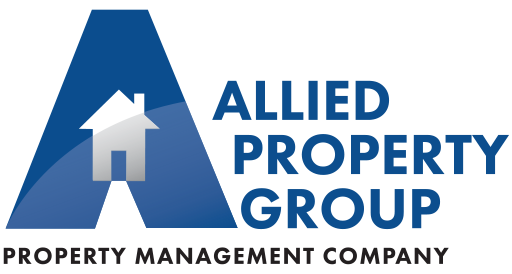Fannie Mae and Freddie Mac, the largest purchasers of mortgages in the nation are taking steps to assure the safety of the buildings they invest mortgages in. They are now requiring lenders to evaluate the condition of condo buildings before approving a loan for closing. That shift may affect the purchasing and investing in condos in the largest condo market, Florida, and throughout the country.
Fannie Mae and Freddie Mac Impose New Rules
Fannie and Freddie, the federally chartered corporations, currently own 62% of the conforming mortgages in the market. When a loan is taken out to purchase a property, it is often subject to one of their many program guidelines. Thus once the loan closes, it can then be sold directly to one of the 2 independent organizations. They provide critical financial backing, bundling together the residential mortgages and selling them to investors as securities. Fannie and Freddie currently back as much as 60% of the condo market, so changes to their exacting standards can have a great impact on the buying and selling of condos.

Fannie and Freddie’s stated goal is to protect condo owners, and their loans, by encouraging condo association boards to carry out regular inspections and maintenance, correct structural and mechanical deficiencies, and set aside enough money for the work. Their exact standards for accomplishing this goal are slightly different, as are most mortgage programs.
As of January 1st, 2022, Fannie Mae’s new guidelines went into effect. These include
- Requirements of condo boards to set aside 10% of operating costs every month in a special reserve to pay for needed future repairs
- Review conducted of six months of condo board minutes to see if any discussions of maintenance or repair issues have been brought forward
- Request for copies of any engineering inspections conducted in the previous five years
- Denial for any condo property facing unfinished “critical repairs” or material deficiencies such as mold or water intrusions, or that have deferred maintenance resulting in “advanced deterioration.”
Freddie Mac’s standards are similar but are currently listed as temporary guidance, and all mortgages closing after Monday, February 28th must comply. They are expected to become permanent.
Effects on the Condo Market
Older condos, especially those approaching their 40-year certification, have become a danger zone for lenders. The efforts necessary to qualify, and fear of not qualifying, have made lending in older condos a risky business. Even new condos, which may show issues when it is passed from developer to board, may encounter lending problems if serious construction or design defects come to light.
The condo business in Florida had been on a boom, sales rose to 160,177 units in 2021 with over 60,00 of those units being in the tri-county area. Half the sales last year were cash, but the rest relied on some form of financing. 2 million people reside in units that are over 30 years old, meaning many are pushing the 40-year certification mark. Even those benchmarks could be adjusted, especially in Miami-Dade where proposed legislation would create a 30-year certification, among other requirements.
Older buildings are becoming a no-man’s-land of sorts for lenders. If additional assessments are incurred on homeowners to protect the property and those homeowners cannot pay, but they also have real difficulty selling because their property will not be approved for a mortgage, they’re in a no-win scenario. One way out will be to sell to developers, a trend that could grow once the impacts are being more readily felt in the market.
Getting the Word Out
Despite the widespread changes from Freddie Mac and Fannie Mae and their subsequent effect on lenders, it’s important to note that knowledge of the changes has not been broadcast. Many buyers come into the process without knowing and many sellers, who live in a very hot market, are being shocked by their resale potential or lack thereof. The adjustment period to these guidelines will take some time, and that will cost, unfortunately. While the end goal is to provide for the safety of condo owners, getting there will be a bumpy road for many.




